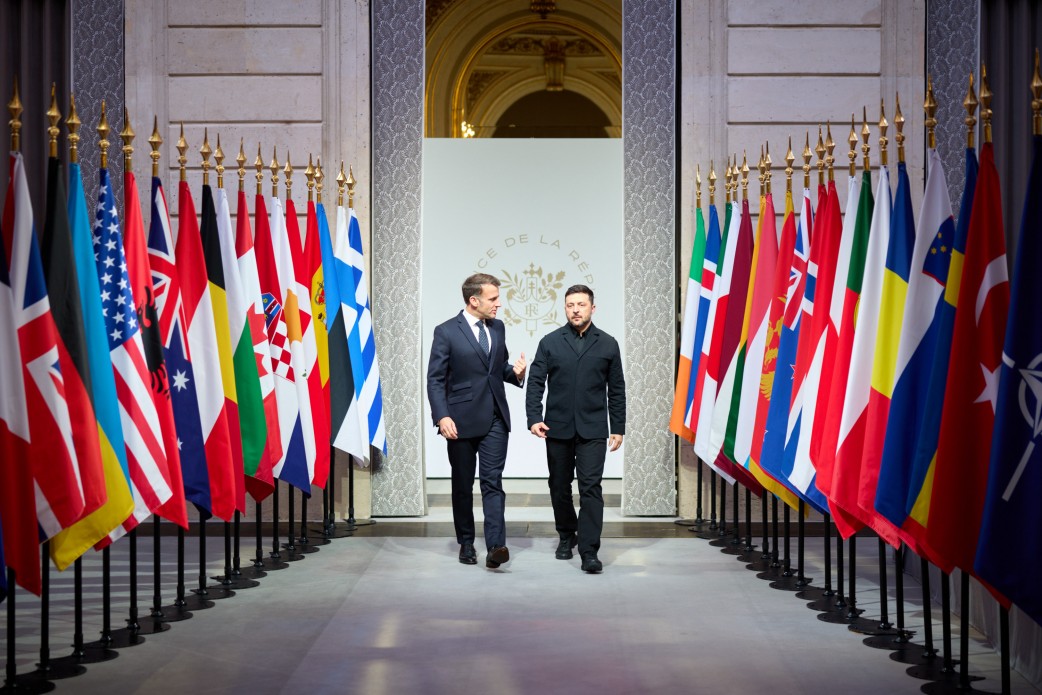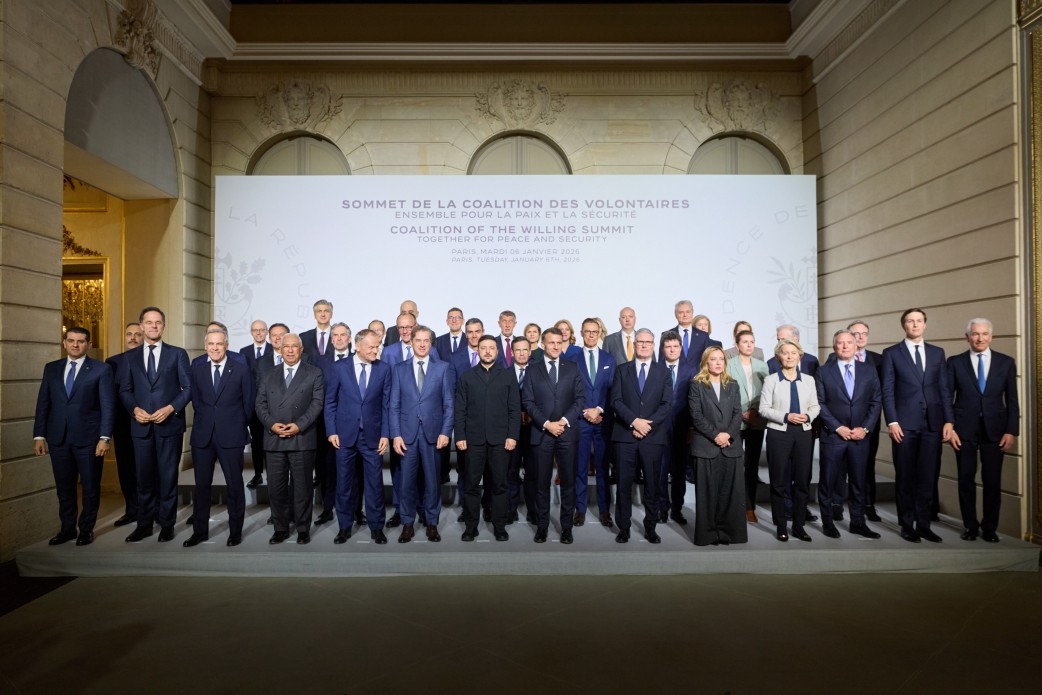By Iliya Kusa
Based on his previous experience from 2017-2021 (which I believe should be considered), Trump is likely to return to his classic principles, which he advocated during his presidential campaign.
1. U.S. withdrawal from local conflicts. Trump will not maintain an American military presence in regions where it is difficult or pointless to do so. This means his administration will likely revisit its presence in Syria and Iraq, and will aim to bring an end to Israel's conflict in Gaza and Lebanon in order to stabilize the region.
2. Maximum pressure strategy on Iran. Trump will return to actively containing Iran through sanctions, support for Israel, and backing the Arabian monarchies of the Gulf. He will attempt to push for new Abraham Accords agreements to create an anti-Iranian coalition in the region. However, this will depend on the outcome of the Gaza war. Trump previously attempted to address the Palestinian issue, but unsuccessfully.
3. Focus on Arabian monarchies. Saudi Arabia and the UAE are pleased with Trump's election and have good relations with him. This means that, in addition to Israel, Trump will support them as his key partners in the region, especially in containing Iran and China. They will push for military equipment and technology, including nuclear capabilities.
4. Cutting humanitarian programmes. Trump is opposed to foreign financial aid without clear benefits for the U.S. This spells bad news for Palestinians and Lebanese, as the U.S. will reduce its humanitarian assistance to them.
5. Marginalization of the Middle East and Africa. Under Trump, both regions will likely not be prioritized in U.S. foreign policy. He will aim to withdraw from the Middle East, responding to Iran occasionally, while redirecting resources to Asia.





















